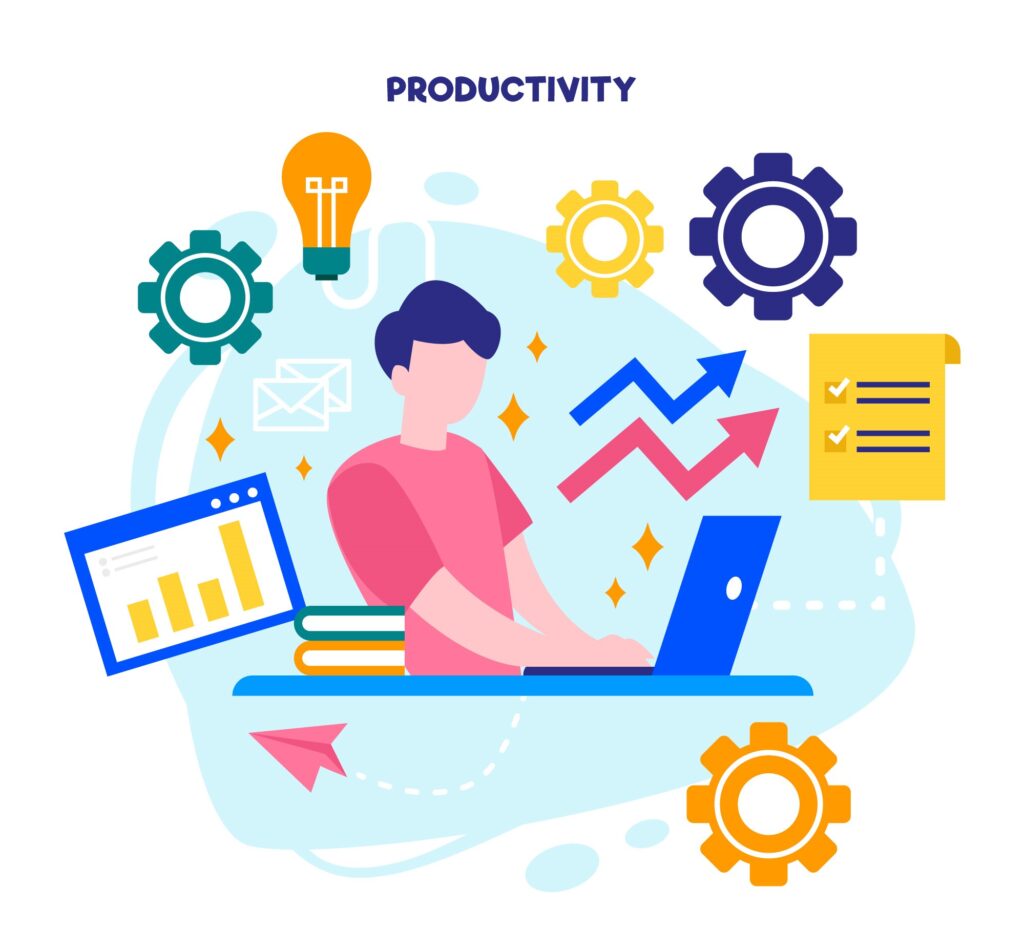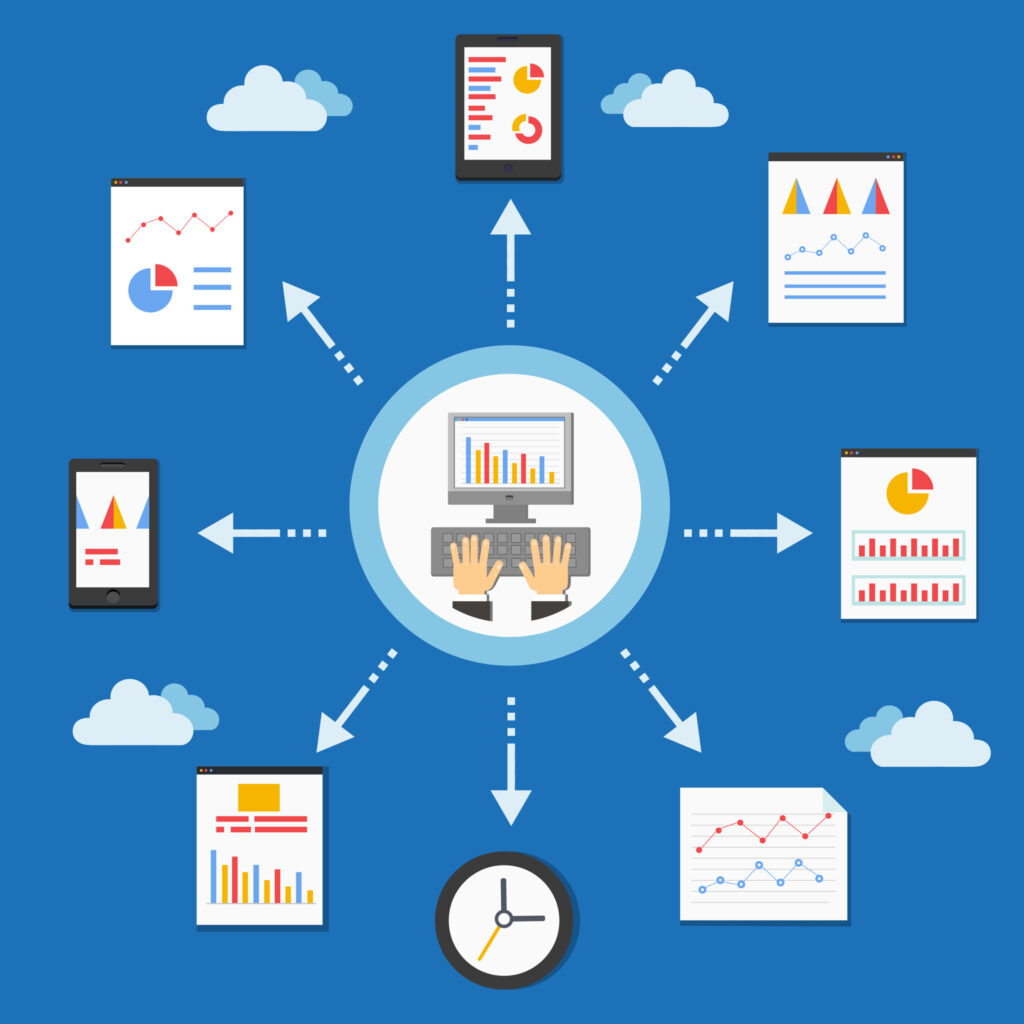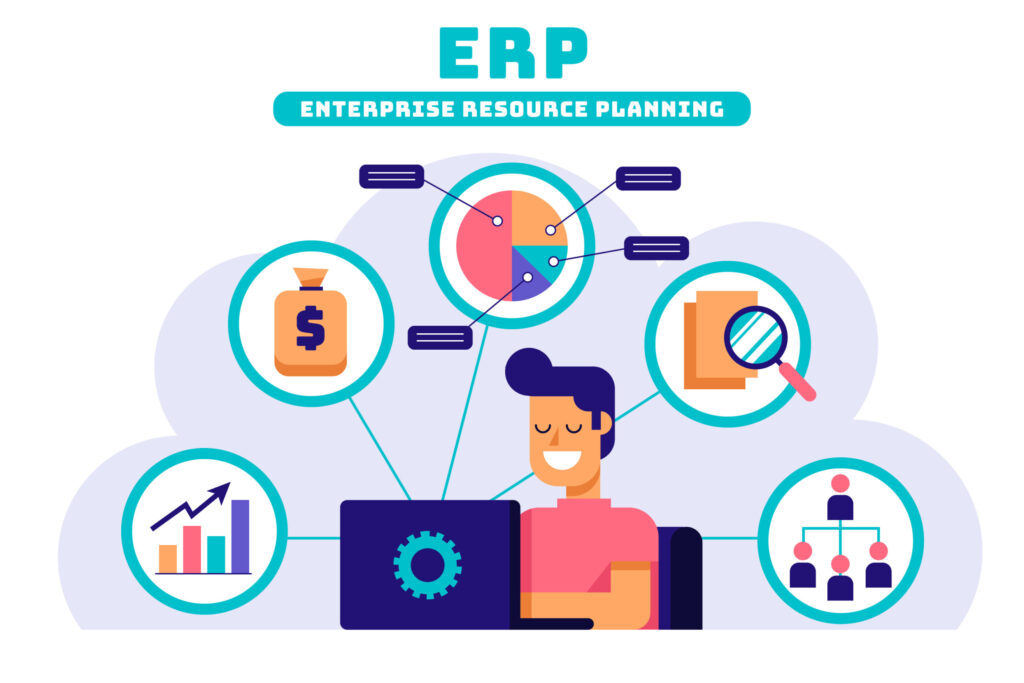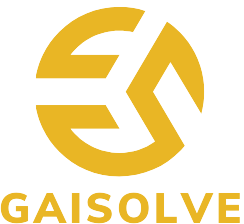Product Accelerators
- Pre-Built Data Store Accelerators – We have developed pre-built data stores that can ingest and store information.
- Templated Reports Accelerator – Utilize pre-built templated reports to accelerate your analytics process. Use the templates or modify as needed to fit business needs.
- Analytics Development Accelerator – Utilize an accelerator that has built in capabilities to ingest, process and analyze data. Ingest data from a variety of sources supporting standards in the domains areas of BFSI, Healthcare & Supply Chain Management, store data in OMOP/CDM compatible formats and process data using popular ETL technologies like Python, AWS Sagemaker , AWS Athena. Report using your favorite data analytics tools.

Data Visualization Development
- Support for Tableau, Power BI, QuickSight
- Support for Advanced AI/Data Models
- Automated Report Distribution
- Multiple Output formats supported (Excel, CS, PDF)

Data Sharing & Collaboration
- Assemble data & analytical services into workflows and visualizations
- Integration with popular collaboration tools
- Integration into clinical communication tools
Enterprise Resource Planning Systems
Enterprise Resource Planning (ERP) systems are software solutions designed to integrate and manage various business processes and data across an organization. They typically include modules for finance, accounting, human resources, supply chain management, inventory management, and more.
Product acceleration refers to the process of improving the speed and efficiency of product development and delivery. In the context of ERP, it means utilizing the ERP system to streamline and optimize the product-related workflows. Here are some ways an ERP system can contribute to product acceleration:

- Real-time Analytics: ERP systems offer powerful reporting and analytics capabilities. Businesses can use these insights to identify bottlenecks, track product development progress, and make data-driven decisions to speed up the overall process.
- Collaboration: With ERP, different teams can collaborate more effectively, sharing data and communicating within a centralized platform. This leads to faster and more efficient decision-making during the product development cycle.
- Automation of Repetitive Tasks: ERP systems can automate routine and repetitive tasks, freeing up employees’ time to focus on more strategic activities, thus expediting the product development process.
- Centralized Data Management: An ERP system provides a centralized database where all product-related information is stored. This allows different departments to access accurate and up-to-date data, improving collaboration and decision-making.
- Faster Product Lifecycle Management (PLM): ERP systems often include PLM modules, which enable businesses to manage the entire product lifecycle from concept to end-of-life. This helps in coordinating tasks, reducing time-to-market, and enhancing product quality.
- Efficient Supply Chain Management: ERP systems with supply chain modules help optimize inventory levels, monitor supplier performance, and enhance order fulfillment processes. A well-managed supply chain can speed up the delivery of materials and components, accelerating the product development process.
- While there might not be a specific ERP system called “Product Acceleration Blog,” businesses can leverage standard ERP solutions to drive product acceleration and improve overall operational efficiency. When considering an ERP system for your business, make sure to evaluate the specific modules and features that align with your product development needs.

- Keep in mind that the technology landscape is constantly evolving, and new ERP systems or product acceleration strategies may emerge beyond my knowledge cutoff date. Therefore, I recommend conducting further research to explore the latest advancements in ERP and product development technologies.

